2012 Summer School in Computational
Sensory-Motor Neuroscience
(CoSMo 2012)
(CoSMo 2012)
Quick contact
Dr Gunnar Blohm
(organizer)Dr Konrad Körding (co-organizer)
+1-857-928-5370 (emergency calls)
Yolanda Bender (administrative support)
+1-773-827-1255 (emergency calls)
Sponsors
CAPnetNSERC-CREATE
CAMBAM
MITACS
NSERC
NSF (CaDRE)
NeuroDevNet
Organizers
Gunnar Blohm (main)Konrad Körding (co-main)
Paul Cisek
Erik Cook
Doug Crawford
Jody Culham
Lee Miller
Doug Munoz
Eric Perrault
Kurt Thoroughman
Links
Blohm labKörding lab
Centre for Neuroscience Studies
Queen's University
Northwestern University
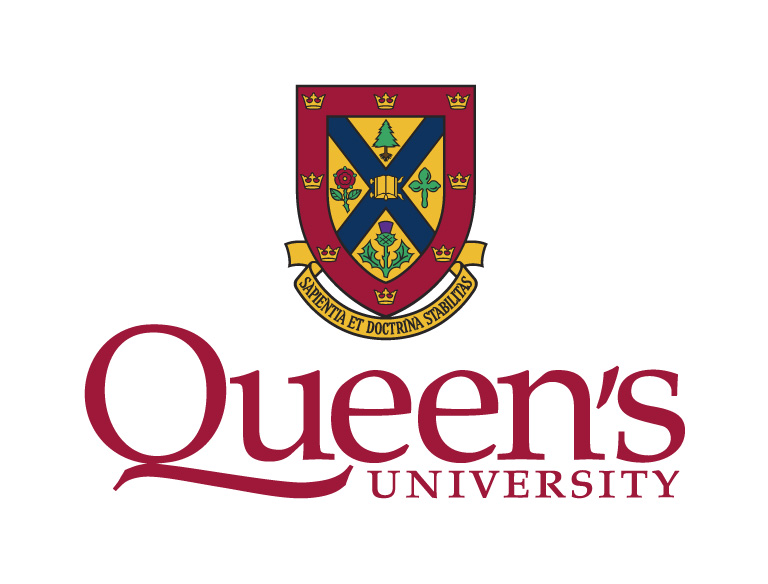
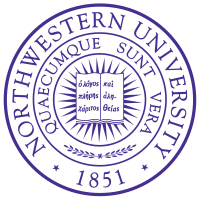
Welcome
CoSMo 2012 was awesome! We all had a lot of fun! Thank you to all participants and lecturers!
We are pleased to announce the 2012 Summer School in Computational Sensory-Motor Neuroscience (CoSMo 2012).
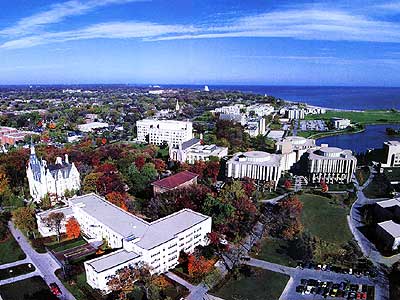 This
unique summer school focusses on computational techniques
integrating the multi-disciplinary nature of sensory-motor
neuroscience through combined empirical-theoretical teaching
modules and a focus on the use of databases
of movement data (NSF CRCNS).
Major breakthroughs in brain research have been achieved
through computational models. The goal of the Summer School
in Computational Sensory-Motor Neuroscience is to provide
cross-disciplinary training in mathematical modelling
techniques relevant to understanding brain function,
dysfunction and treatment. In a unique approach bridging
experimental research, clinical pathology and computer
simulations, students will learn how to translate ideas and
empirical findings into mathematical models. Students will
gain a profound understanding of the brain’s working
principles and diseases using advanced modelling techniques
in hands-on simulations of models during tutored sessions by
making use of data / model sharing. This summer school aims
at propelling promising students into world-class
researchers.
This
unique summer school focusses on computational techniques
integrating the multi-disciplinary nature of sensory-motor
neuroscience through combined empirical-theoretical teaching
modules and a focus on the use of databases
of movement data (NSF CRCNS).
Major breakthroughs in brain research have been achieved
through computational models. The goal of the Summer School
in Computational Sensory-Motor Neuroscience is to provide
cross-disciplinary training in mathematical modelling
techniques relevant to understanding brain function,
dysfunction and treatment. In a unique approach bridging
experimental research, clinical pathology and computer
simulations, students will learn how to translate ideas and
empirical findings into mathematical models. Students will
gain a profound understanding of the brain’s working
principles and diseases using advanced modelling techniques
in hands-on simulations of models during tutored sessions by
making use of data / model sharing. This summer school aims
at propelling promising students into world-class
researchers.Dates: August 5-19, 2012
Location: Northwestern University Chicago (Evanston campus), Illinois, USA
| Deadlines: |
- April 22, 2012:
Application due, including letters of reference
(extended!!!) |
| - May 1, 2012: Notification of acceptance | |
| - May 20, 2012: Attendance confirmation of applicants and registration payment |
The summer school will last for 2 weeks (including Saturdays). Attendants will become familiar with fundamental modelling techniques and their applications to sensory-motor neuroscience. These techniques will be embedded into teaching modules linking theory, empirical findings and clinical applications in areas such as decision making, limb motor control, eye-head coordination, sensory processing, attention and learning. There will be morning lectures and hands-on Matlab programming and simulation sessions in the afternoon aimed at solidifying the concepts taught in the morning. The latter are in the format of tutorials supervised by the morning lecturers and local faculty/postdocs. In addition, there will be 2-week long cross-disciplinary research projects focussing on data / model sharing where students can apply the newly acquired knowledge. Students will work in pairs during the afternoon sessions and 2-week projects. An effort will be made to match up students with and without mathematical and/or programming backgrounds.
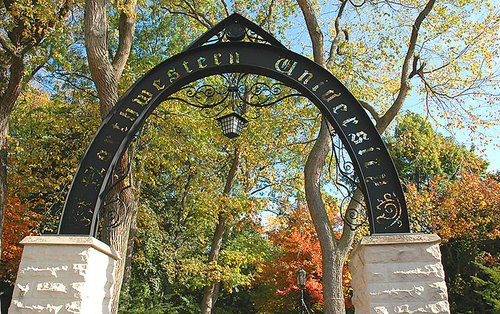 This summer school is directed at
graduate students and post-doctoral fellows from
multi-disciplinary backgrounds, including Life Sciences,
Psychology, Computer Science, Mathematics and Engineering.
We will also accept highly motivated outstanding
under-graduate students. There are no formal prerequisites,
but basic knowledge in calculus, linear algebra,
neuroscience and the Matlab simulation environment is
expected. Enrolment will be limited to 40 participants.
This summer school is directed at
graduate students and post-doctoral fellows from
multi-disciplinary backgrounds, including Life Sciences,
Psychology, Computer Science, Mathematics and Engineering.
We will also accept highly motivated outstanding
under-graduate students. There are no formal prerequisites,
but basic knowledge in calculus, linear algebra,
neuroscience and the Matlab simulation environment is
expected. Enrolment will be limited to 40 participants.CoSMo 2011 has been a tremendous success!
The school is organized by Drs Gunnar Blohm and Konrad Körding, the Canadian Action and Perception Network (CAPnet), the Queen's University Centre for Neuroscience Studies (Kingston, ON, Canada) and the Rehabilitation Institute of Chicago (USA). It receives funding from the National Sciences and Engineering Research Council of Canada (NSERC) via an NSERC-CREATE training grant on "Computational Approaches to Sensorimotor Transformations for the Control of Actions", from MITACS via the Centre for Applied Mathematics in Bioscience and Medicine (CAMBAM), from NeuroDevNet and from the National Science Foundation (NSF, USA).
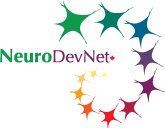
|
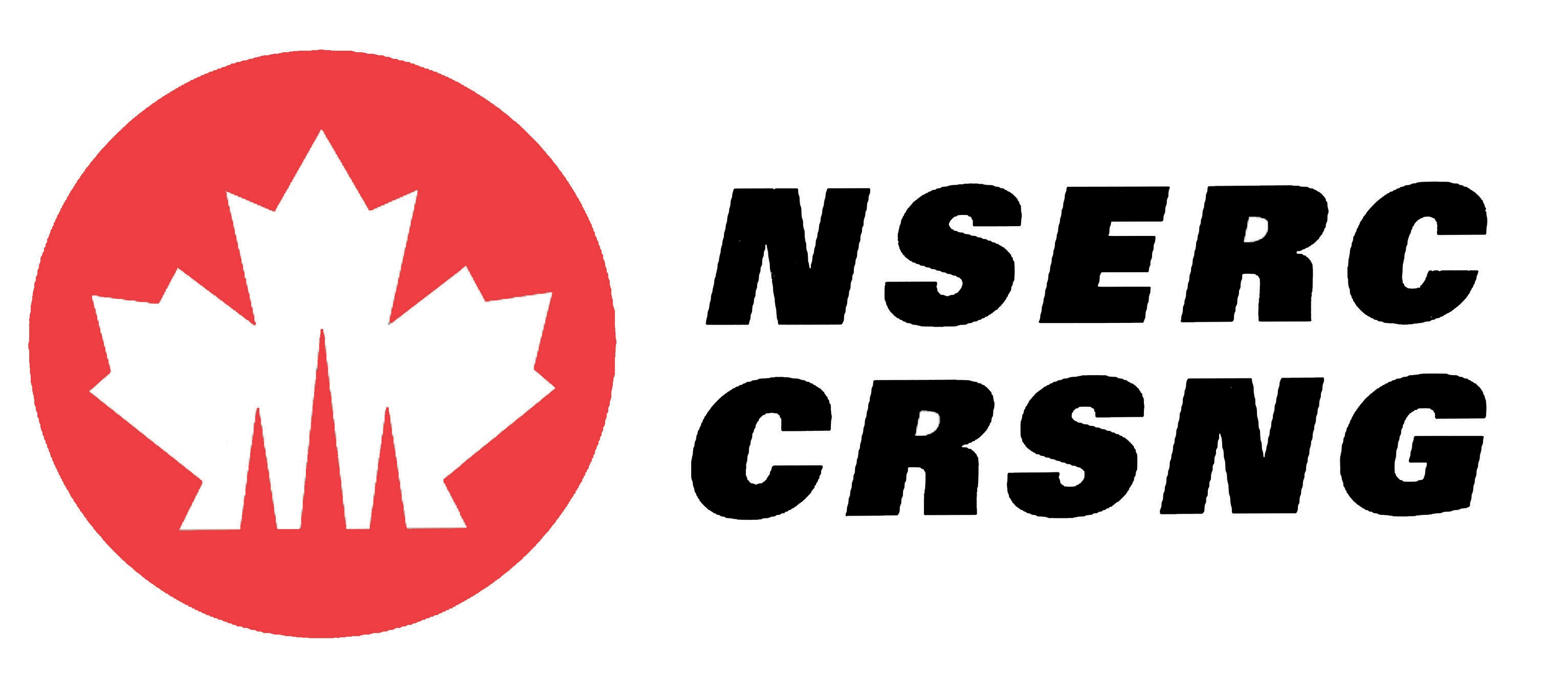 |
 |